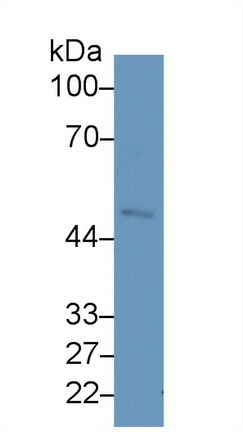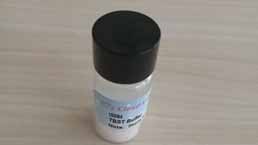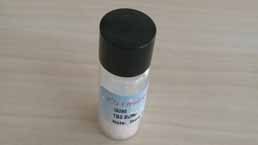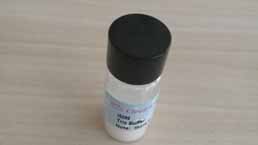Monoclonal Antibody to Fibrinogen (FG) 

F1; FI; Fbg; Coagulation Factor I
Overview
Properties
- Product No.MAA193Hu22
- Organism SpeciesHomo sapiens (Human) Same name, Different species.
- ApplicationsWB
If the antibody is used in flow cytometry, please check FCM antibodies.
Research use only - DownloadInstruction Manual
- Category
- SourceMonoclonal antibody preparation, Host Mouse
- Ig Isotype IgG1 Kappa, Clone Number C7
- PurificationProtein A + Protein G affinity chromatography
- LabelNone
- Immunogen NPA193Hu01-Native Fibrinogen (FG)
- Buffer FormulationPBS, pH7.4, containing 0.02% NaN3, 50% glycerol.
- TraitsLiquid, Concentration 1mg/mL
Sign into your account
Share a new citation as an author
Upload your experimental result
Review

Contact us
Please fill in the blank.
Specifity
The antibody is a mouse monoclonal antibody raised against FG. It has been selected for its ability to recognize FG in immunohistochemical staining and western blotting.
Usage
Western blotting: 0.01-2µg/mL;
Optimal working dilutions must be determined by end user.
Storage
Store at 4°C for frequent use. Stored at -20°C in a manual defrost freezer for two year without detectable loss of activity. Avoid repeated freeze-thaw cycles.
Stability
The thermal stability is described by the loss rate. The loss rate was determined by accelerated thermal degradation test, that is, incubate the protein at 37°C for 48h, and no obvious degradation and precipitation were observed. The loss rate is less than 5% within the expiration date under appropriate storage condition.
Giveaways
Increment services
Citations
- Sub-chronic Toxicity and Cardiovascular Responses in Spontaneously Hypertensive Rats after Exposure to Multiwall Carbon Nanotubes by Intratracheal InstillationPubmed:25580880
- Subchronic Toxicity and Cardiovascular Responses in Spontaneously Hypertensive Rats after Exposure to Multiwalled Carbon Nanotubes by Intratracheal InstillationPubMed: 25580880
- Biomarkers of ketosis in dairy cows at postparturient period: acute phase proteins and pro-inflammatory cytokinesdoi: 10.24099/vet.arhiv.160126c
- Biomarkeri ketoze u mliječnih krava u postpartalnom razdoblju: proteini akutne faze i proupalni citokinidoi: 10.24099/vet.arhiv.160126c
- Spike protein up-regulates inflammatory axis of both thromboinflammation and leukotriene in severe COVID-19
- CREB1 protects against the renal injury in a rat model of kidney stone disease and calcium oxalate monohydrate crystals-induced injury in NRK-52E cells33421503
- Influence of niacin application on inflammatory parameters, non-esterified fatty acids and functional status of liver in cows during early lactation














